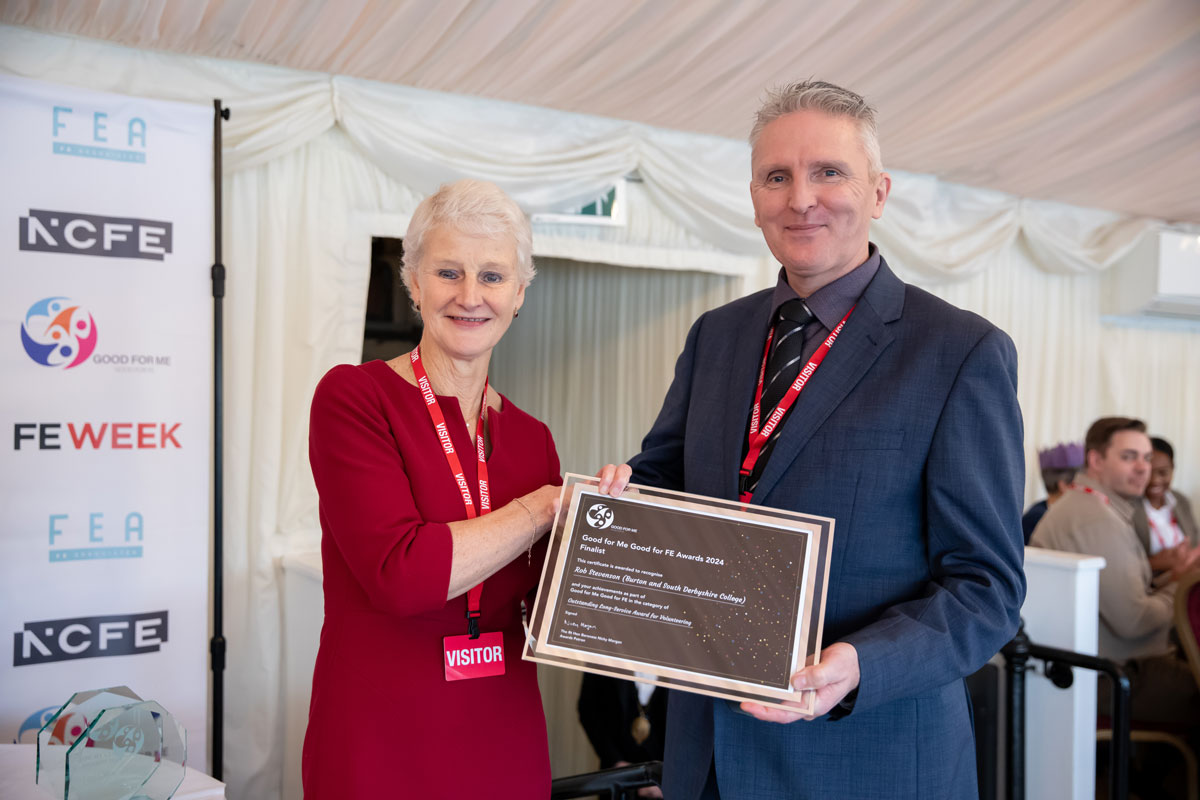Forgotten Girls: The Reluctant Girl Readers

More than 2 in 5 (44%) girls aged 8 to 18 say that they don’t enjoy reading, according to a new report, Forgotten Girls: The Reluctant Girl Readers, published today by the National Literacy Trust, with funding from Estée Lauder Companies UK & Ireland. The conversation around reluctant readers most often focuses on (re)engaging boys in reading, rarely considering girls, despite evidence indicating that this group is sizeable.
The report reveals:
· 2 in 5 (44%) girls aged 8 to 18 don’t enjoy reading
· 1 in 10 (10%) girls aged 8 to 18 don’t read at all in their free time
· 1 in 5 (19%) girls aged 6 to 14 can be classed as struggling with their reading skill.
The charity is concerned that hundreds of thousands of girls aged 8 to 18 could be hindering their academic, social and economic prospects. A recent research report shows that reading for pleasure out of school is a major contributing factor to success at school and then in later life and is even linked to a higher lifetime earning potential.
The National Literacy Trust and Estée Lauder Companies UK & Ireland (ELC UK&I) extended their partnership in summer 2021 seeking to understand the root causes of low literacy engagement and skills and support better life prospects for children in the UK. Based on a survey of more than 21,000 girls and data from over 286,000 reading assessments, this new research aims to highlight the significant number of girls with poor reading engagement and skills.
When compared with girls who do enjoy reading, the research also reveals that four times as many girls who don’t enjoy it say they can’t find things to read that interest them (44% vs 11%). Furthermore, only 1 in 6 (17%) of this group believe reading is ‘cool’.
Motivational issues, such as interests, play an influential role for girls who don’t read at all in their free time. Almost two-thirds (63%) of girls said they struggle to find reading material that matches their interests.
The research shows that greater diversity and more relatable characters in books are more of an issue for girls who don’t enjoy reading. More girls who don’t enjoy reading said that they find it difficult to find books with characters or people who are like them compared with girls who enjoy reading (39% vs 31%).
Fiona Evans, Director of School Programmes at the National Literacy Trust, said:
“Much of the existing literacy research indicates that boys perform less well in reading and that they report lower reading enjoyment, but this report shows that girls’ reading performance is also an issue, and that the problem exists regardless of gender.
“This report unearths a serious potential crisis for reluctant girl readers across the UK who have the potential of being forgotten as the spotlight continues to shine on boys’ reading development only. It’s not too late to change the outcomes for this generation. The National Literacy Trust and our partners provide valuable support that both girls and boys need to support their reading engagement and skills.”
Sue Fox, President, The Estee Lauder Companies UK & Ireland, said:
“As a female-founded company, we want every young woman and girl to fall in love with reading and obtain the necessary literacy skills they need to reach their full potential. It’s concerning that so many young women say they don’t enjoy reading. Today’s research highlights the need to do more to support reluctant girl readers and further strengthens our commitment to partnering with the National Literacy Trust to help to ensure that no girl gets left behind.”
The report also highlighted differences in the number of girls who don’t enjoy reading by geographic regions in England. The highest percentage of girls who don’t enjoy reading was found in Yorkshire and the Humber (51%) and the South East (48%). The regions with the lowest percentage of girls who don’t enjoy reading were the West Midlands (42%) and London (38%).











Responses